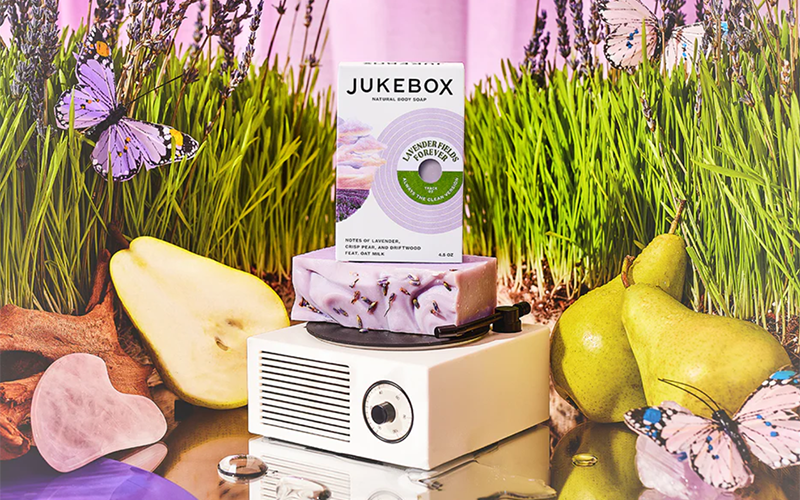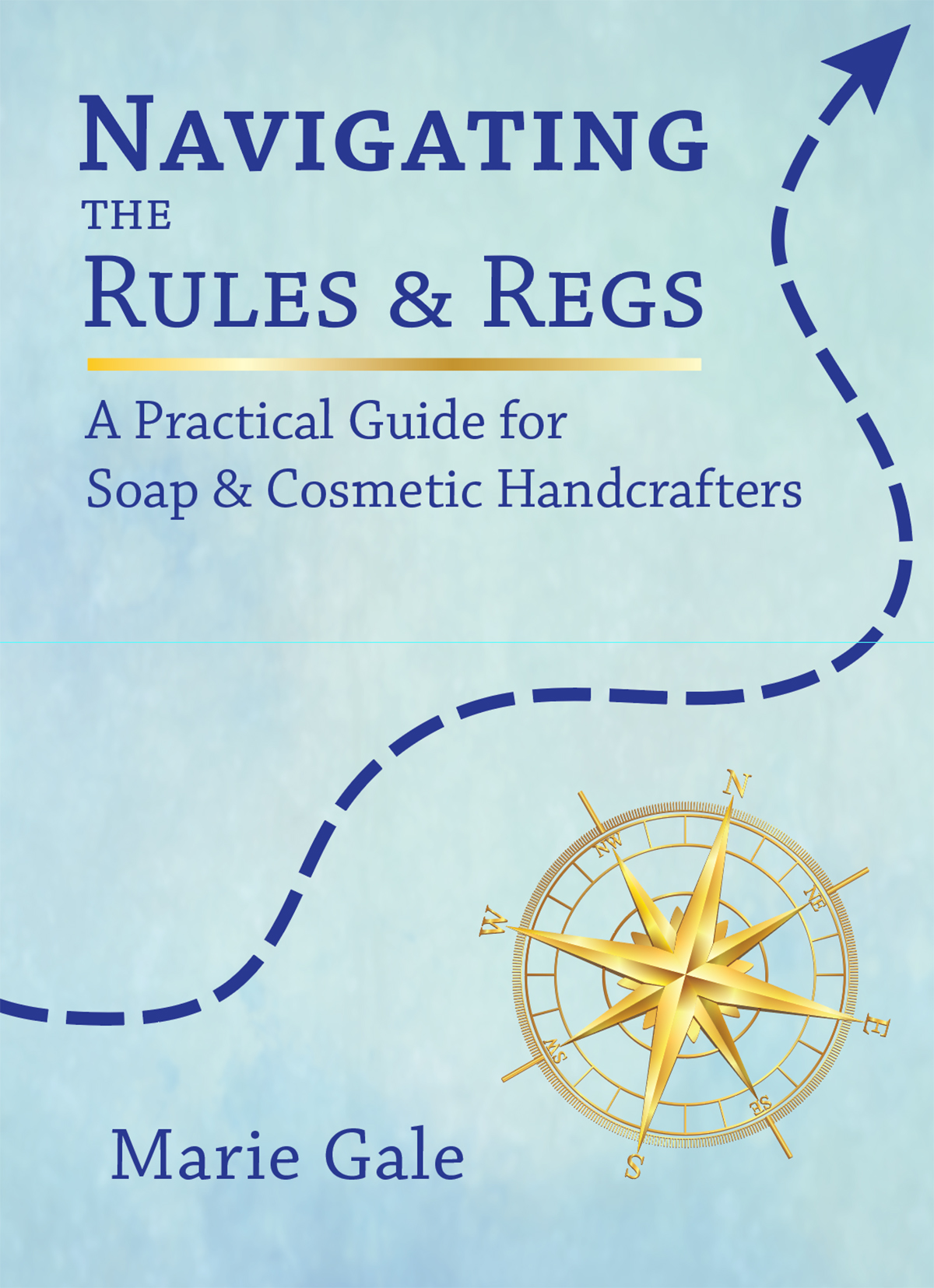Unilever recently took Jukebox Soap (by Dr. Squatch) to “court” through the National Advertising Division of the Better Business Bureau, challenging some of the claims made by the soap company. Specifically, Unilever (makers of Dove) didn’t like the claims that Jukebox Soap is “natural” and most other soaps on the market are “chemical detergents” (which they felt was disparaging).
National Advertising Division
The National Advertising Division (NAD) is part of the Better Business Bureau’s National Programs. NAD, and the related National Advertising Review Board (NARB) were formed back in 1971 as a system of self-regulation designed to build consumer trust in advertising. (See BBB National Programs – Advertising.) Basically, they look into advertising claims to see if they are valid or not.
Cases can be started by the NAD because they see something that should be looked into, or by a “Challenger” who challenges the truthfulness of the advertisements of an “Advertiser.” There are hefty fees for a company to challenge the advertising of a competitor.
Unilever vs. Jukebox Soap
In this case, Unilever challenged several advertising statements made by Jukebox Soap, including:
- “Chances are you have showered with detergent. Most cleansing bars and body washes on the market are not actually soap – they are chemical detergents. Ick!”
- “Made with no harsh chemicals”
- “Natural”
There were others, but these are the ones that were most interesting, and on which NAD made its decision. (There were some statements that Jukebox soap decided to change, so they were not addressed in the final decision.)
Natural Claims
Unilever argued that Jukebox’s claims that their soap is “natural” were false and misleading because the starting ingredients had undergone a significant chemical reaction (saponification).
Dr. Squatch countered that the natural claims were fully substantiated and submitted documentation regarding the ingredients, processes and history of soapmaking. They provided “natural” standards from the Natural Products Association, Ecocert and ISO 16128. Finially, they pointed out that while ISO 16128 differentiates between “natural” and “natural derived” (which includes the result of saponification), that distinction does not convert natural ingredients into non-natural ingredients.
NAD agreed that “soap” as properly defined couldn’t exist without saponification and that disallowing the use of the term “natural” solely on that basis would deprive consumers and the market of the oppoirtunity to distinguish between soaps made with natural ingredients and soaps that were not.
NAD concluded that Jukebox Soap provided a reasonable basis for its “natural” claims. (Very good news!)
Detergent Claims
Unilever felt that Jukebox’s claims that “the other guy’s” products were “detergents” had inappropriately relied on the FDA’s classification of “soap” or “detergent.” In doing so, it was misleading because a typical consumer wouldn’t understand the distinction. Unilever felt that consumers would equate “detergent” products to laundry or dishwashing detergent, and get a negative message that body care products containing detergents are harsh and unsuitable for the the skin.
Dr. Squatch argued that Jukebox’s advertising is intended to educate consumers about the difference between products categorized as soaps and those classified by the FDA as synthetic detergents (“syndets”). They also explained that their marketing educates consumers about the safety of its soaps to “reassure comsumers whose expectations about real soaps may have been shaped by the competitors’ advertising” which they said often misleadingly suggests that all soaps are necessarily “harsh.” They even presented excerpts from Dove advertising with headlines including “Soap dries your skin, but DOVE creams your skin while you wash;” “Prove Dove doesn’t dry your skin the way soap can;” and “For Mildness, Dove, not Soap.”
NAD’s view is that a claim may be literally true but still misleading, especially when a technical definition or regulatory classification doesn’t reflect how a term is commonly understood by consumers. In this case, while Jukebox’s description of competing bars and body washes as “synthetic detergents” was technically accurate, consumers understand “detergent” to be a household cleaning product and so would be misled into thinking that the competing products, including Dove, are harsh and damaging (which is unsupported by the evidence).
NAD recommended Jukebox Soap discontinue it’s detergent claims or modify them to avoid conveying the message that competing bars and body washes are harsh.
NAD recommended Jukebox Soap discontinue its detergent claims or modify them to avoid conveying the message that competing bars and body washes are harsh.
In their final statement, Jukebox said that they maintain that their claims respecting synthetic detergents are truthful and non-misleading, and therefore intend to appeal that portion of the Final Decision to the NARB.
Harsh Chemicals
There were two advertising phrases in question regarding harsh chemicals: “Made with no harsh chemicals” (in the advertising and used in the “ours vs theirs” comparison chart) and “No harsh chemicals” (on the packaging).
Unilever argued that “made with no harsh chemicals” was misleading because the product is made with sodium hydroxide (lye) which IS harsh. They also felt that the comparative claims implied that competing products (including Dove) contain harsh ingredients.
Dr. Sqatch argued that lye is a catalyst and there is no lye remaining in the finished product. They emphasized that the intent is to educate consumers and to assure them that not all soap is harsh and Jukebox soap, particularly, is not.
NAD found that since lye was used to make the soap, “made with no harsh chemicals” was inaccurate and should be changed.
However, the phrase “no harsh chemicals” as a stand-alone statement on the package was treated differently because there was no free lye in the finished product and Jukebox presented evidence regarding the safety and non-toxicity of the ingredients finished product. In addition “No harsh chemicals” wasn’t included in a comparison chart against the competition, implying that they had harsh chemicals while Jukebox Soap did not.
NAD determined that the claim “no harsh chemicals” was supported and truthfully highlights the absence of harsh chemicals in the finished product. (More good news!)
In Summary
The decision by the National Advertising Division supporting natural claims for cold-process soap is really good news for the handcrafted soap industry! So is the fact that “no harsh chemicals” is also supported and “truthfully highights the absence of harsh chemicals” (in a well-made) handcrafted soap.
We’ll have to watch and see what the final decision is from Jukebox Soaps’ appeal on the decision about claiming the other guys have “detergent-based soaps.” I hope it goes their way!



Leave a Reply